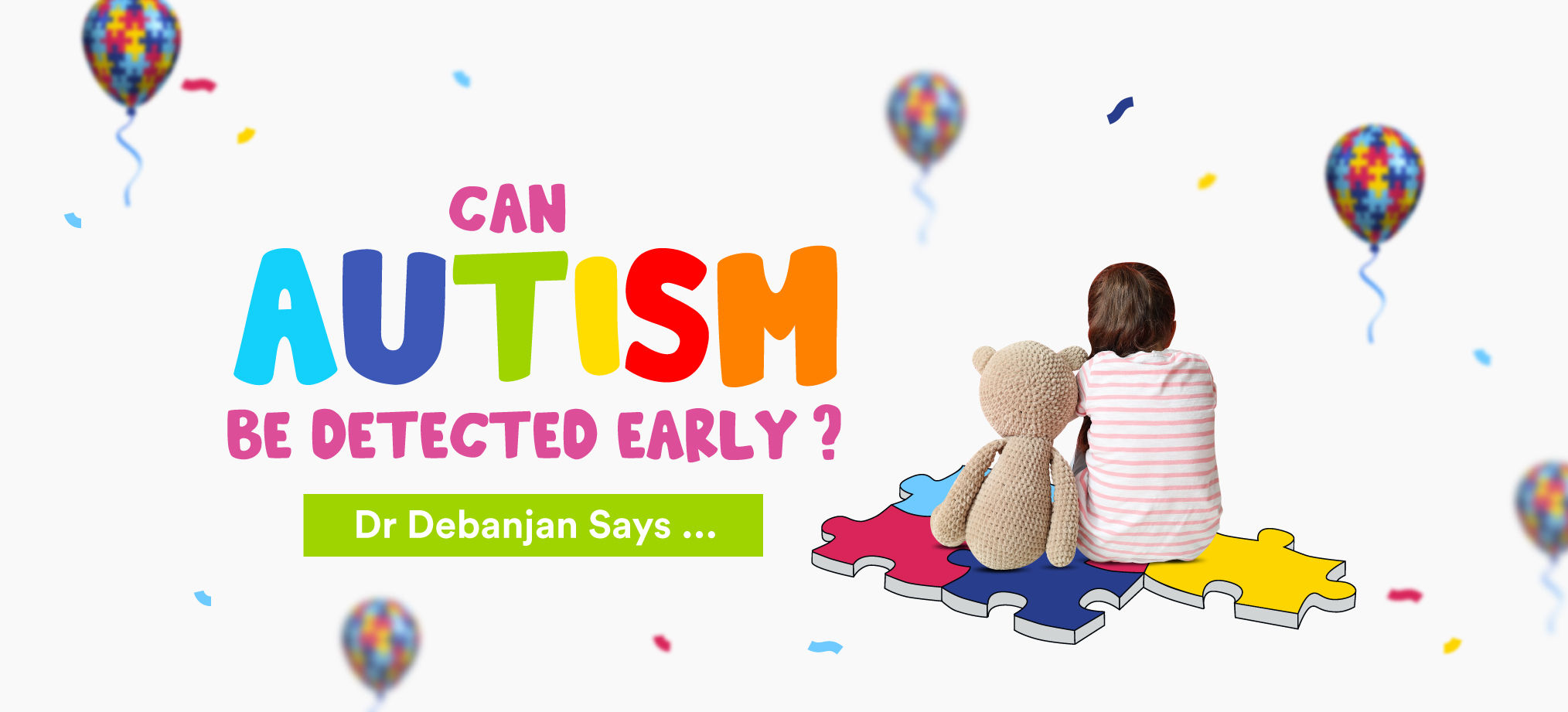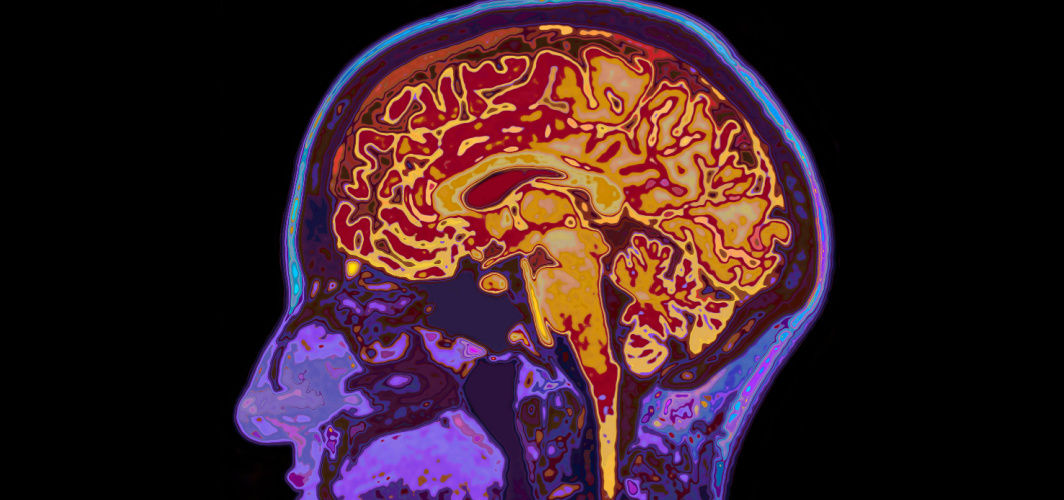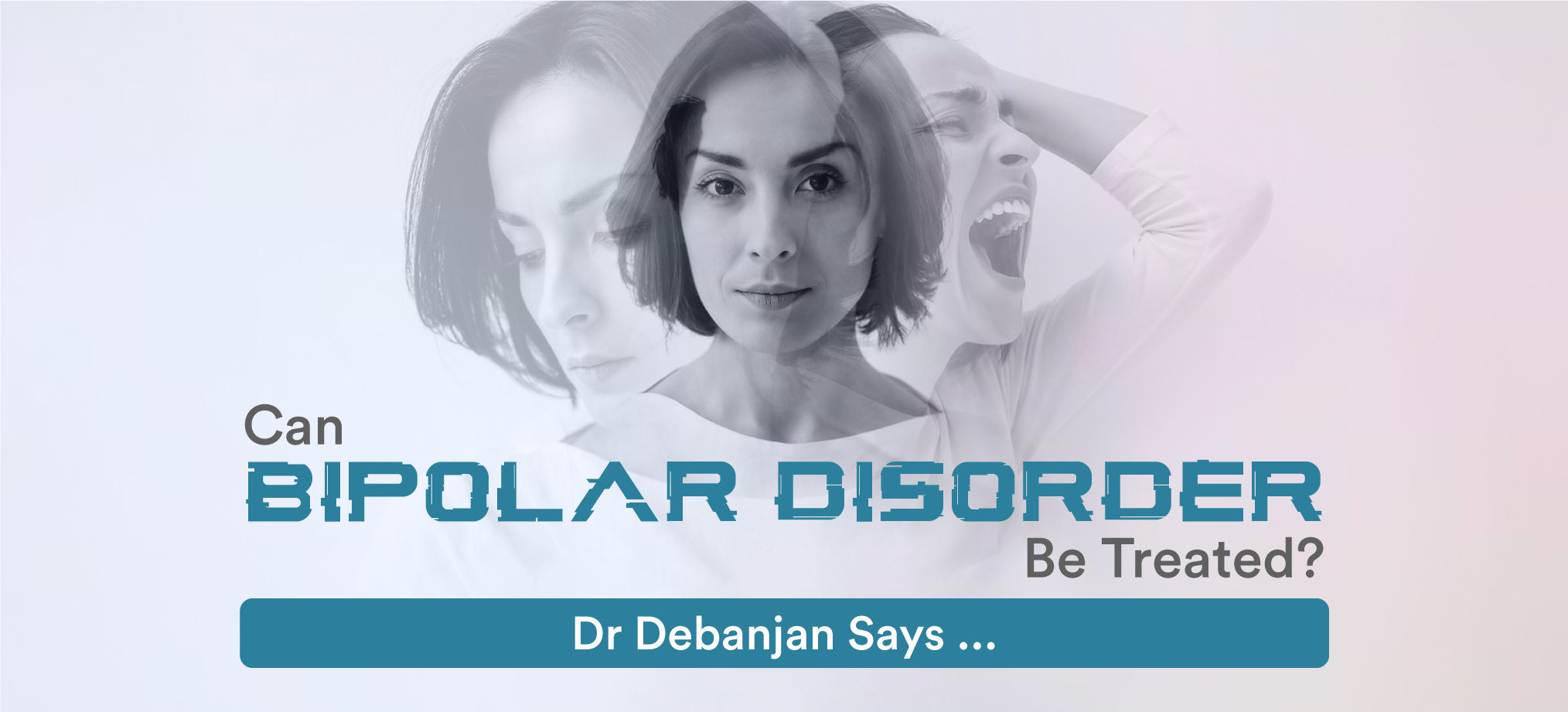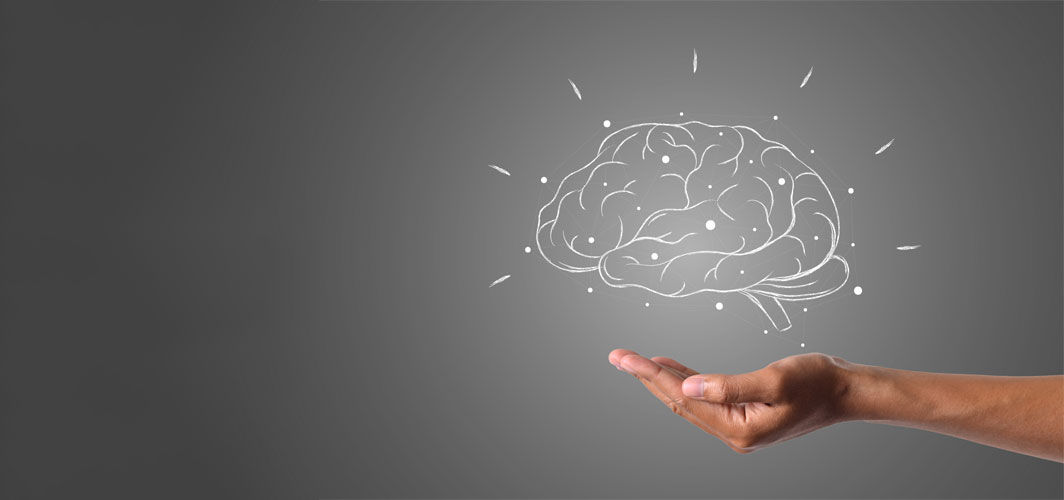Neurology
Understanding Autism: Insights By A Neuropsychiatrist
4 min read
By Dr Debanjan Banerjee, Neuropsychiatrist, Apollo Multispecialty Hospitals, Kolkata - 11 April 2023, Updated on - 19 June 2023
Share this article
0
0 like

Autism spectrum disorder (ASD) is a developmental disability caused by differences in the brain. While genetics play a major role in the development of autism, maternal infections or complications during birth, older age of parents, social environment, etc. are other contributing factors. However, the exact causes of ASD remain unknown. Every year April 2 is observed as World Autism Awareness Day, which focuses on encouraging Member States of the United Nations to take measures to raise awareness about individuals living with autism globally.
How Is Autism Different?
People with ASD may behave, communicate, interact, and learn in ways that are different from most other people. The abilities of people with ASD can vary significantly. For example, some people with ASD may have advanced conversation skills whereas others may be nonverbal. Some people with ASD need a lot of help in their daily lives; others can work and live with little to no support.
When Does A Child Develop Autism?
ASD begins before the age of 3 years and can last throughout a person’s life, although symptoms may improve over time. In others, symptoms may not show up until 24 months of age or later. Some children with ASD gain new skills and meet developmental milestones until around 18 to 24 months of age, and then they stop gaining new skills or lose the skills they once had.
Can Autism Be Detected Early?
Diagnosing ASD can be difficult since there is no medical test, like a blood test, to diagnose the disorder. Doctors look at the child’s behaviour and development to formulate a diagnosis. By the age of 3, a diagnosis by an experienced professional can be considered reliable. However, many children do not receive a final diagnosis until they are much older. An index of suspicion is vital to bring ASD to the notice of parents/caregivers.
The common symptoms to look for include:
- Avoidance of eye contact
- Delayed speech and milestones
- Difficulties in social interaction or communication
- Marked resistance to change
- Restricted patterns of behaviour
- Playing all alone
- Reduced interest in peers
- Problems in playing reciprocal games (like hide and seek)
- Hypersensitivity to smell, texture, sound, light, and taste
- Repetitive play/set of behaviour/words or phrases
- Temper tantrums (head banging, hand wringing or occasionally self-harming behaviours)
ASD is often associated with Attention Deficit Hyperkinetic Disorder (ADHD), learning disability, social anxiety disorder, separation anxiety disorder, depression and other mental health conditions.
Some people are not diagnosed until they are adolescents or adults or fall on the higher functioning end of the spectrum. This delay means that people with ASD might not get the early help they need.
How To Help People With Autism?
Current treatments for ASD aim at reducing the symptoms that interfere with daily functioning and quality of life. ASD affects each person differently, meaning that people with ASD have unique strengths and challenges and different treatment needs, thus a one-size-fits-all approach is usually never adopted. Things that must be considered while treating ASD include:
- It's vital to look at the condition with a ‘strengths and abilities’ approach rather than an ‘illness and deficit’ angle.
- Social media and the internet are filled with “magical” remedies for ASD including supplements, nutraceuticals, stem cell therapy, etc., none of which has scientifically proven evidence.
- To date, there is NO approved medication for ASD. Low doses may be necessary for managing behaviour issues, as decided by the doctor.
- Parents, teachers, special educators, paediatricians, therapists, psychologists and psychiatrists, all are involved in the care of individuals with autism and a collaborative effort is the best approach.
- Autism treatment involves a multi-disciplinary approach that includes psychological therapies, sensory integration therapy, and speech and occupational therapy along with providing education to the caregiver. This helps improve language, social and learning skills.
- Punishment or excessive permissive parenting can be problematic in these cases.
Accepting the differences in an individual living with autism, respecting their choices and helping them adapt to independent living with meaningful social and occupational participation is the way forward.
Do not fear ‘autism’ – accept it, stay informed and seek help as needed. If you have more questions,
Medically reviewed by Dr Sonia Bhatt.
Neurology
Leave Comment
Recommended for you

Neurology
Acute Encephalitis Syndrome (AES): Causes, Symptoms, Treatment
Acute Encephalitis Syndrome can be caused by viruses or infections. The symptoms include headache, nausea, disorientation, seizures, tremors, and more. AES can be treated through medications and a supportive care management system.

Neurology
Bipolar Disorder Explained By A Neuropsychiatrist
Bipolar disorder is usually characterized by significant shifts in mood that affect both the personal and professional life of the person. Read to know more about the signs, causes and treatment of the bipolar disorder.

Neurology
Sharpen Your Brain With These 7 Foods
The food we eat influences not only our body but our brain as well. Brain health-promoting foods help reduce oxidative stress and inflammation. Some of the foods that can sharpen your memory include dark chocolate, coffee, fatty fish, nuts, broccoli, avocados, eggs, and soy.
Subscribe
Sign up for our free Health Library Daily Newsletter
Get doctor-approved health tips, news, and more.
Recommended for you

Neurology
Acute Encephalitis Syndrome (AES): Causes, Symptoms, Treatment
Acute Encephalitis Syndrome can be caused by viruses or infections. The symptoms include headache, nausea, disorientation, seizures, tremors, and more. AES can be treated through medications and a supportive care management system.

Neurology
Bipolar Disorder Explained By A Neuropsychiatrist
Bipolar disorder is usually characterized by significant shifts in mood that affect both the personal and professional life of the person. Read to know more about the signs, causes and treatment of the bipolar disorder.

Neurology
Sharpen Your Brain With These 7 Foods
The food we eat influences not only our body but our brain as well. Brain health-promoting foods help reduce oxidative stress and inflammation. Some of the foods that can sharpen your memory include dark chocolate, coffee, fatty fish, nuts, broccoli, avocados, eggs, and soy.
